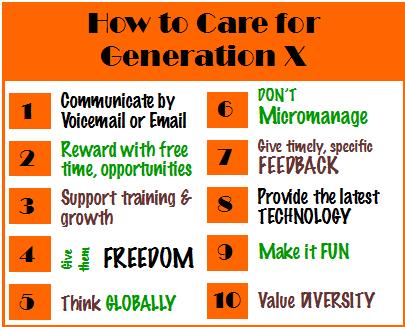Am I really going to have to balance six feet in the air and trust that my partner will ‘have my back?’ What if they’re as freaked out by the exercise as I am?
Really? Another must-attend dinner? On a Friday night when I’d much rather be at home with my family, relaxing and watching a movie?
Sound familiar? I thought so. With the holidays approaching and planning for 2015 on the horizon, you can almost hear the calendars crunching with team lunches, team dinners, team outings, team challenges and of course, team work. While there may be some value in these activities and get-togethers, they often feel forced and may even be counterproductive.
Why not let team relationships develop more naturally, in a way that is meaningful and supported by the team? Here are some ideas.
Let the team decide. Instead of HR or an events person selecting an activity or scheduling a lunch, put the task to the team. Give them a budget and a timeframe and let them exercise their creativity and collaborative skills. You may be amazed at what they come up with.
Embrace diversity. Recognize that while some on the team may jump (literally) at the opportunity to compete in something physical, others may prefer a more low-key approach to bonding. Consider allowing mini team activities or finding a multi-purpose venue and letting team members gravitate naturally toward their preferred activity.
Consider focusing on others. Most people like to “give back” to the community, but many don’t have time on the weekends because of family and household activities. Take an afternoon off and volunteer as a team at a food bank or some other local charity. Not only will it give the team a shared experience to bring them closer together, it will increase their positive feelings about the company. Research shows that companies who give back to their communities have better brand visibility, more highly-engaged employees and stronger relationships with customers.
Most of all, be sure you are consistently modeling the behaviors that create a cohesive, high-performing team: clear expectations; open and honest communication; constructive feedback; mutual respect; and opportunities to share in and celebrate successes.
Till next time,
Karen








